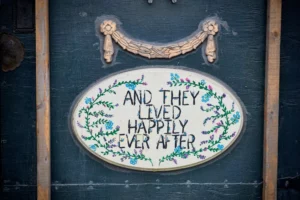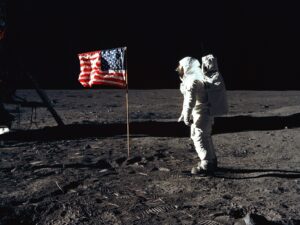Lately I’ve been on a biography kick when it comes to my
reading list. So over my Christmas vacation I read Dearie, the biography of
Julia Child by Bob Spitzer. I’ve had a keen interest in Julia Child ever since
the movie Julie and Julia came out, and Julia’s story just fascinates me. (I
even have her instructional DVDs, and I’ve been working on making the perfect
omelet!) But as I read the story
of this woman who came of age in the 1930s and was involved in the war effort
in the 1940s, I found I identified with her more than I thought I would, and
found unexpected encouragement from her story.
But first a brief overview of Julia Child, according to her
biography:
Julia Child was a directionless, gawky young woman who ran off
halfway around the world to join a spy agency during World War II. She
eventually settled in Paris, where she learned to cook and collaborated on the
writing of what would become Mastering
the Art of French Cooking, a book that changed the food culture of America.
She was already fifty when The French
Chef went on the air—at a time in our history when women weren’t making
those leaps. Julia became the first educational TV star, virtually launching
PBS as we know it today.
But more than her accomplishments in changing the way
America cooks, Julia’s story is even more remarkable because she was an
unlikely candidate for the job. Writes Bob Spitzer:
It’s rare for someone to
emerge in America who can change our attitudes, our beliefs, and our very
culture. It’s even rarer when that someone is a middle-aged, six-foot
three-inch woman whose first exposure to an unsuspecting public is cooking an
omelet on a hot plate on a local TV station.
Several parts of Julia’s story stand out to me, the first
being that she felt adrift after graduating from college, moving from one
secretarial job to another, but never quite finding her passion. Can anyone relate? She ended up joining
a spy agency during WWII, serving in China, India and Sri Lanka. At a time
when being a single working woman and traveling the world was not the norm,
Julia did it and did it well. As she entered her 30s, Julia was single, even
though she desired marriage and family. Sound familiar? During her foreign
service, she met and fell in love with Paul Child. They were married when she
was 34 — well past the average age, especially for a woman in the 1940s.
Sometimes the pressure to have life figured out while in
your 20s can be overwhelming, but Julia’s story encourages me because for her,
the best was yet to come. The time she spent traveling and striving to find her
place in the world was all preparation for the second half of her life, when
she would become a cultural icon. If your life doesn’t look like what you
thought it would, take heart! It could be that your best days, when you’ll hit
your stride and find your life’s calling, are still ahead of you.
In fact, Julia spent her 30s and 40s perfecting her
passion — cooking. When her husband’s
job took them to Paris, Julia struggled to find something of interest her.
After several failed attempts, she landed on a cooking school, and the rest,
they say, is history.
After years of living abroad, Julia and Paul moved back to the
U.S., and her cookbook was published. As part of the publicity for the book, Julia
did a cooking demonstration on the local public access channel in
Massachusetts. This launched a decades-long national TV career and more
best-selling cookbooks. Julia was 50 she first appeared on TV. She was well into
middle-age when she found success as a chef and author. Looking at Julia’s
story reminds me it’s OK to not have it all figured out. This season could be
preparing me for the next calling God has for me. It’s freeing to think that if
I haven’t yet found my life’s calling, it’s doesn’t mean I never will.
Most of us won’t be called to the influence of
someone like Julia Child, but whether we influence millions or a few, there’s
hope that maybe the best is yet to come.









